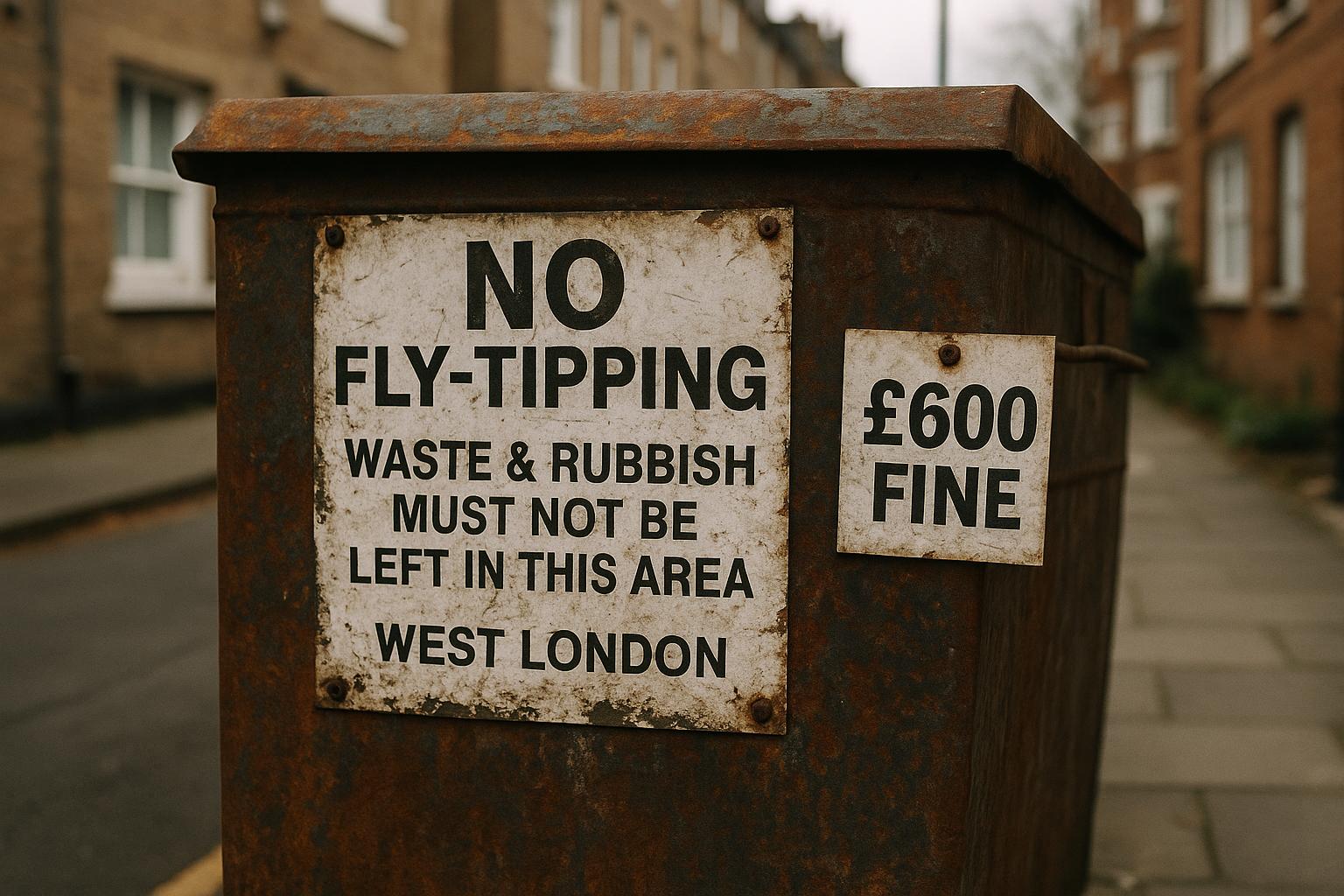Neighbours in Ealing, West London, have expressed anger and frustration after being fined £600 each by council officers who apparently mistook their recycling for fly-tipped waste. Fiona Muir and her neighbours have been leaving their recycling on a grassy verge for years, as their homes are situated on a red route where vehicles are prohibited from stopping outside. Yet after placing cardboard boxes in the usual spot, Ms Muir and an adjacent household received fines with allegedly "threatening" letters accusing them of illegal dumping.
Ms Muir described the experience as unsettling and unfair, asserting to the Daily Mail that she and her neighbours had been responsible residents who followed established procedures. She condemned the council's handling as "over the top" and expressed worry about further fines given the road restrictions prevent her from placing recycling bins directly outside her home. Having appealed against the fines, her case is reportedly under review, but she remains apprehensive and disheartened by the aggressive tone of the communication.
Ealing Council launched a campaign earlier this year titled "This is our home, not a tip" targeting anti-social waste dumping, including fly-tipping, with fines increased to £1,000 from former limits of £400. The council recorded 22,730 incidents of fly-tipping in 2024 alone and allocates around £3 million annually to clear and dispose of rubbish. This crackdown is part of wider enforcement efforts, which include collaboration with contractors to rapidly remove fly-tipped waste and fines issued based on evidence such as CCTV and witness statements.
Despite the council’s robust stance, there remains confusion among residents about proper recycling procedures, particularly in areas with parking restrictions. Ealing Council’s guidance underscores that fly-tipping — the illegal disposal of waste — carries penalties up to £1,000 and even imprisonment in severe cases. Residents are encouraged to report fly-tipping with precise details to help enforcement officers act effectively. The council also advises on legal disposal options, such as scheduled collections and designated recycling centres, to prevent misunderstandings.
The experience of Ms Muir contrasts with the council’s general message encouraging community involvement to maintain a clean environment. According to official sources, 98% of fly-tipping cases in the borough are cleared within two working days, and over 1,700 fines have been issued in 2025 alone underlining the council’s commitment to tackling the problem decisively. However, residents like Ms Muir who follow existing protocols can feel unfairly targeted if enforcement officers misinterpret their actions.
The controversy highlights the challenge councils face in balancing stricter enforcement against fly-tipping with clear communication and support for residents struggling with local regulations and restrictions. While Ealing’s campaign and enforcement partnerships aim to safeguard public spaces from waste crimes, there may be a need to improve guidance to avoid penalising law-abiding citizens inadvertently.
This incident also mirrors another recent case in London where a woman was fined £150 for pouring leftover coffee down a street drain, illustrating the breadth of anti-littering enforcement and the concerns some residents have about the perceived harshness or misunderstanding of rules.
Overall, Ealing Council’s tough stance and high volume of fixed penalty notices demonstrate a zerotolerance approach to fly-tipping and environmental crime. Yet the case of Ms Muir and her neighbours serves as a reminder of the importance of clear, accessible communication and fair treatment within such campaigns, especially during financially difficult times when residents strive to do the right thing.
📌 Reference Map:
- Paragraph 1 – [1] (Daily Mail)
- Paragraph 2 – [1] (Daily Mail)
- Paragraph 3 – [1] (Daily Mail), [5] (Around Ealing)
- Paragraph 4 – [2] (Ealing Council), [5] (Around Ealing)
- Paragraph 5 – [3] (Ealing Council), [4] (Ealing Council)
- Paragraph 6 – [4] (Ealing Council), [7] (Ealing Nub News)
- Paragraph 7 – [1] (Daily Mail), [5] (Around Ealing)
- Paragraph 8 – [1] (Daily Mail), [5] (Around Ealing)
Source: Noah Wire Services
